Advantages of Barium Tungsten Electrodes in Pulsed Lasers
- Details
- Category: Tungsten Information
- Published on Thursday, 05 June 2025 17:48
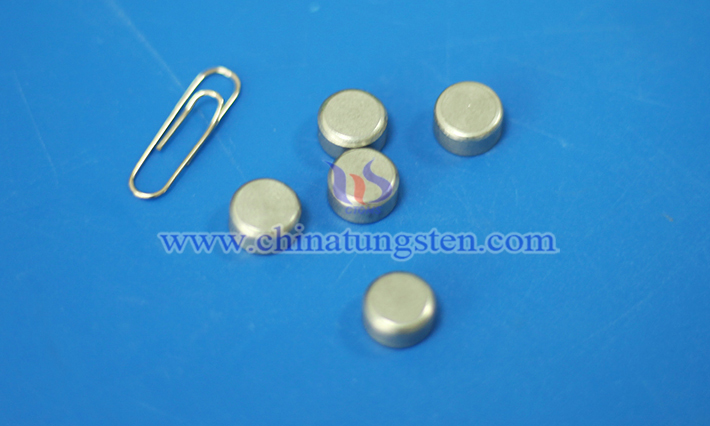
Barium tungsten electrodes (usually referring to barium-containing tungsten-based reserve cathodes) play a vital role in pulsed lasers, especially gas discharge-excited pulsed lasers, and are mainly used as high-performance cathodes. Its application core lies in providing an efficient, stable and long-life electron emission source to support the high current and high repetition frequency pulse discharge required by the laser.
Application of Barium Tungsten Electrode in Low-Temperature Plasma
- Details
- Category: Tungsten Information
- Published on Thursday, 05 June 2025 17:46
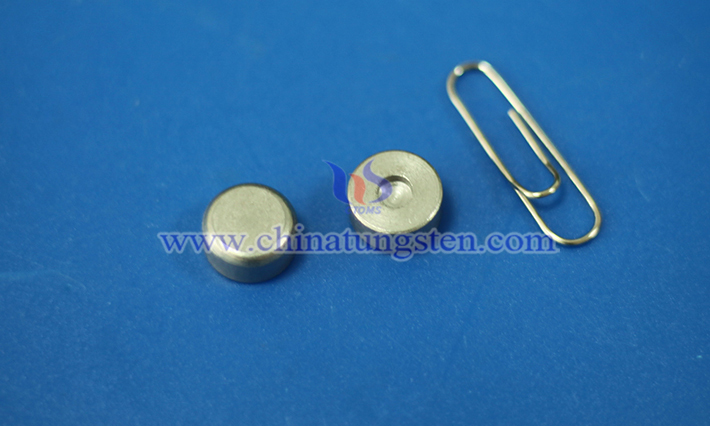
Low-temperature plasma refers to plasma generated at relatively low temperatures (usually room temperature to several hundred degrees Celsius). It has attracted much attention due to its unique advantages in materials science, biomedicine, environmental science and aerospace technology.
Application of Barium Tungsten Electrode in High-Frequency Plasma
- Details
- Category: Tungsten Information
- Published on Thursday, 05 June 2025 17:45
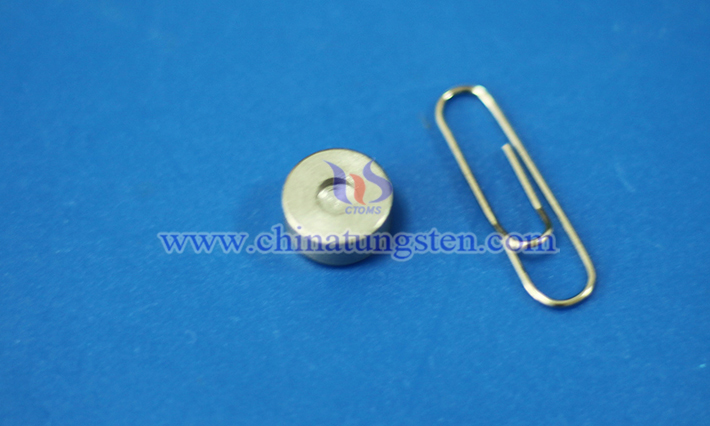
The application of barium tungsten electrode in high-frequency plasma benefits from its unique material properties: tungsten provides stability and heat resistance, and barium reduces the work function to improve the electron emission ability. This electrode is an efficient electron emission source in high-frequency plasma systems, which can help generate and maintain stable plasma and is widely used in material processing, surface treatment and plasma chemistry.
Factors Affecting the Machining Accuracy of Barium Tungsten Electrodes
- Details
- Category: Tungsten Information
- Published on Wednesday, 04 June 2025 17:56
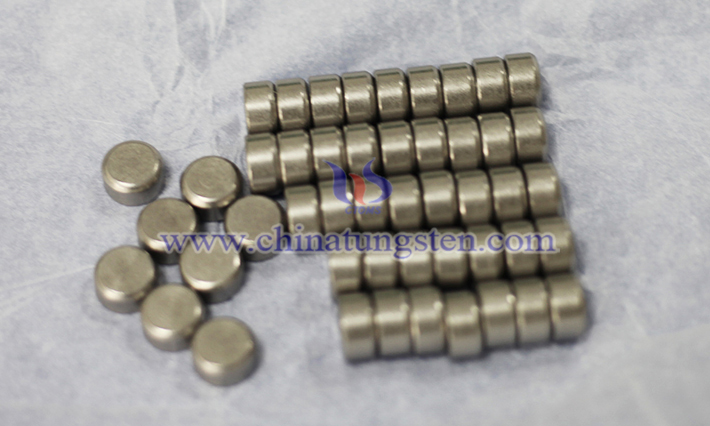
The realization of the machining accuracy of barium tungsten electrodes requires comprehensive control of multiple influencing factors such as material properties, machining parameters, environmental conditions, operating skills and quality inspection.
Factors Affecting the Thermal Cycle Performance of Barium Tungsten Electrodes
- Details
- Category: Tungsten Information
- Published on Wednesday, 04 June 2025 17:54
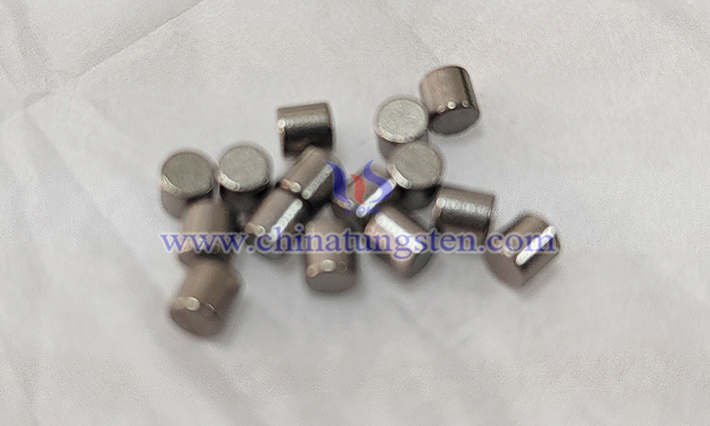
The thermal cycle performance of barium tungsten electrodes refers to their ability to maintain structural integrity and performance stability during repeated heating and cooling. The main influencing factors are as follows:
Factors Affecting the High Temperature and Pressure Adaptability of Barium Tungsten Electrode
- Details
- Category: Tungsten Information
- Published on Wednesday, 04 June 2025 17:43
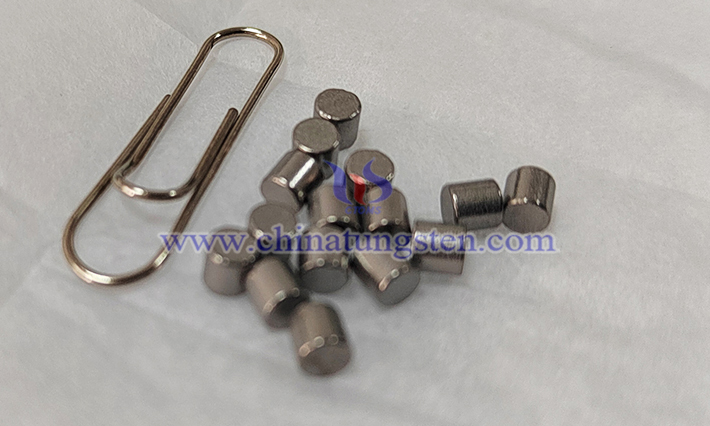
Barium tungsten electrode (usually refers to tungsten-based cathode impregnated with barium salt) is widely used in high-power microwave tubes, high-pressure gas discharge lamps, plasma sources and other equipment that require high temperature and high pressure environment due to its excellent electron emission ability and certain high temperature resistance. Its high temperature and high pressure adaptability is subject to the interaction of multiple complex influencing factors, which can be mainly summarized as follows:
How to Avoid Surface Contamination of Barium Tungsten Electrode?
- Details
- Category: Tungsten Information
- Published on Wednesday, 04 June 2025 17:33
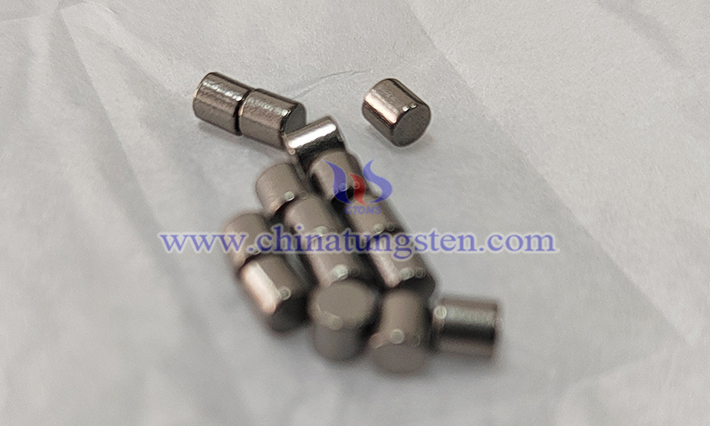
Surface contamination control of barium tungsten electrode requires comprehensive management from multiple dimensions such as material design, process optimization, environmental management, operating specifications, and use conditions. By accurately controlling the barium tungsten ratio, optimizing the preparation process, maintaining a high vacuum/inert environment, strictly following operating specifications, and reasonably selecting electrical parameters, the electrode's anti-pollution ability and service life can be significantly improved.
Preparation Cost Factors of Barium Tungsten Electrode
- Details
- Category: Tungsten Information
- Published on Wednesday, 04 June 2025 17:14
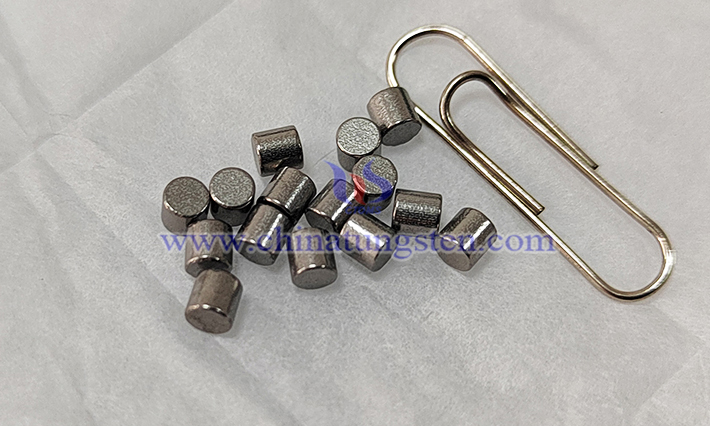
Barium tungsten electrode is an important cathode material, widely used in vacuum electronic devices such as microwave tubes, X-ray tubes, etc. Its preparation cost factors include raw materials, energy, equipment, labor, production efficiency and scrap rate.
Molybdenum Bar
- Details
- Category: Tungsten Information
- Published on Wednesday, 04 June 2025 15:11
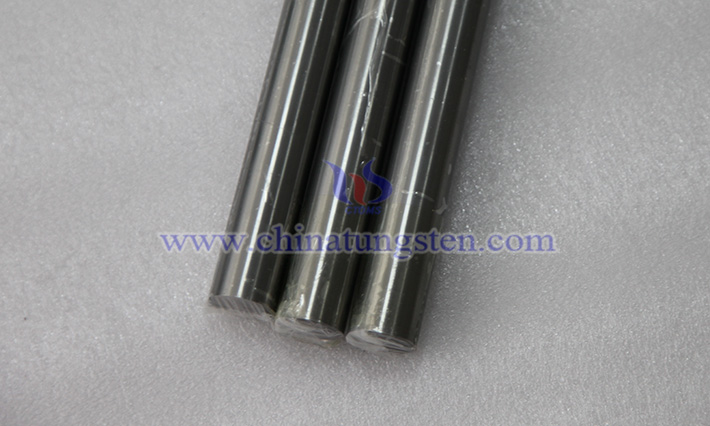
As a typical product made from the refractory metal molybdenum (Mo), molybdenum bar is a rod - shaped item with molybdenum as its primary raw material. Therefore, it is often referred to as a molybdenum rod or molybdenum stick. In English, it is known as "molybdenum bar" or "molybdenum rod." With a purity of up to 99.7%, it is widely used in metallurgy, power equipment, and other fields due to its excellent thermal, mechanical, chemical, and electrical properties.
Tungsten Nut
- Details
- Category: Tungsten Information
- Published on Wednesday, 04 June 2025 15:07
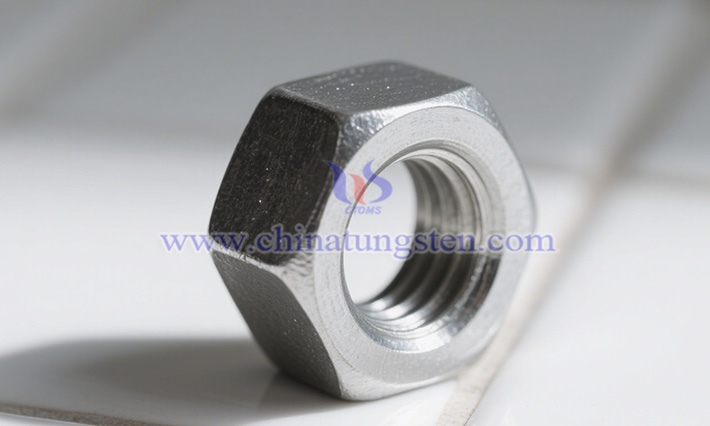
Similar to tungsten alloy dart shafts, the tungsten alloy nut is a common tungsten product made with refractory metal tungsten as the base and metals like nickel and iron as auxiliary materials. It features a central hole with internal threading. In production and application, it is often referred to as a tungsten nut or tungsten cap, with the English name Tungsten Alloy Nut or Tungsten Nut.


 sales@chinatungsten.com
sales@chinatungsten.com